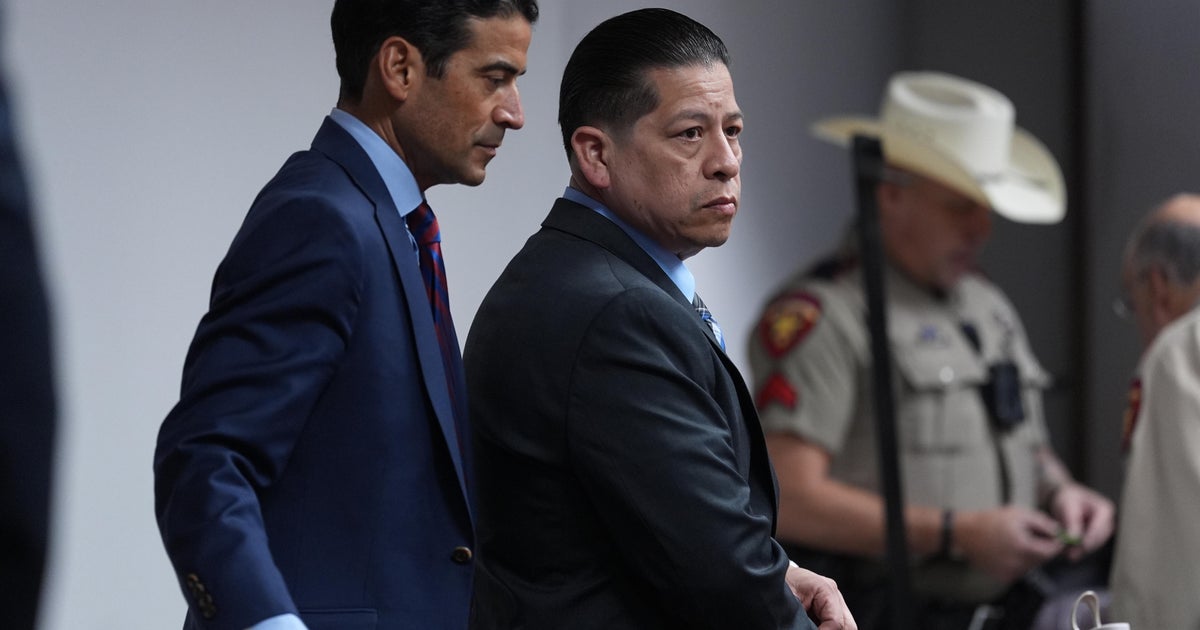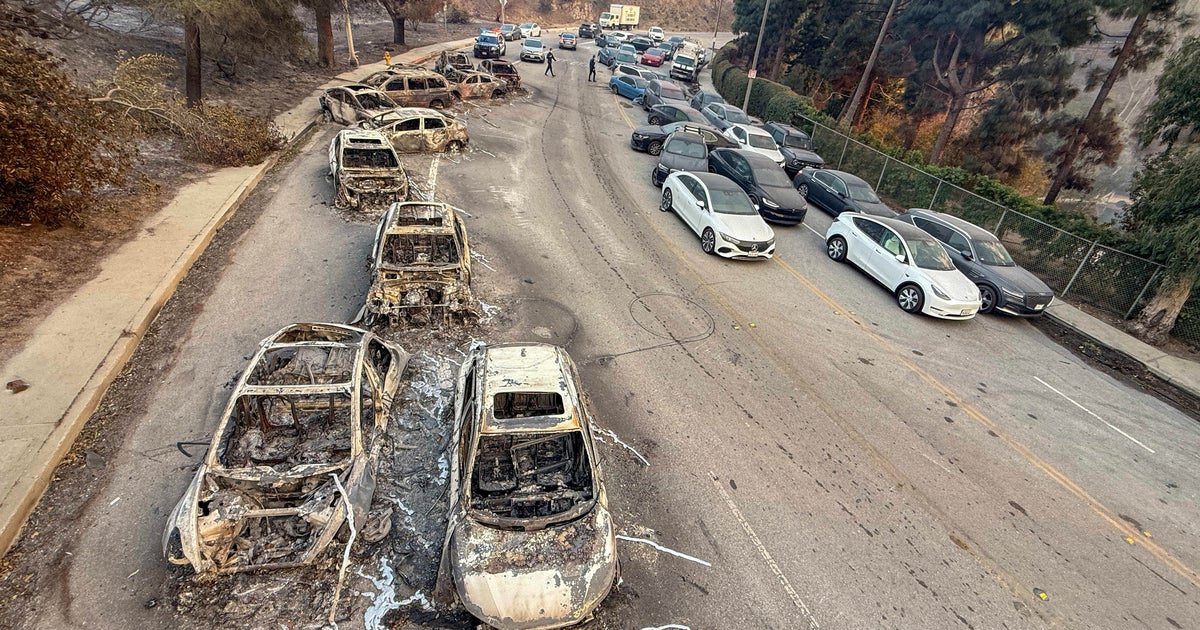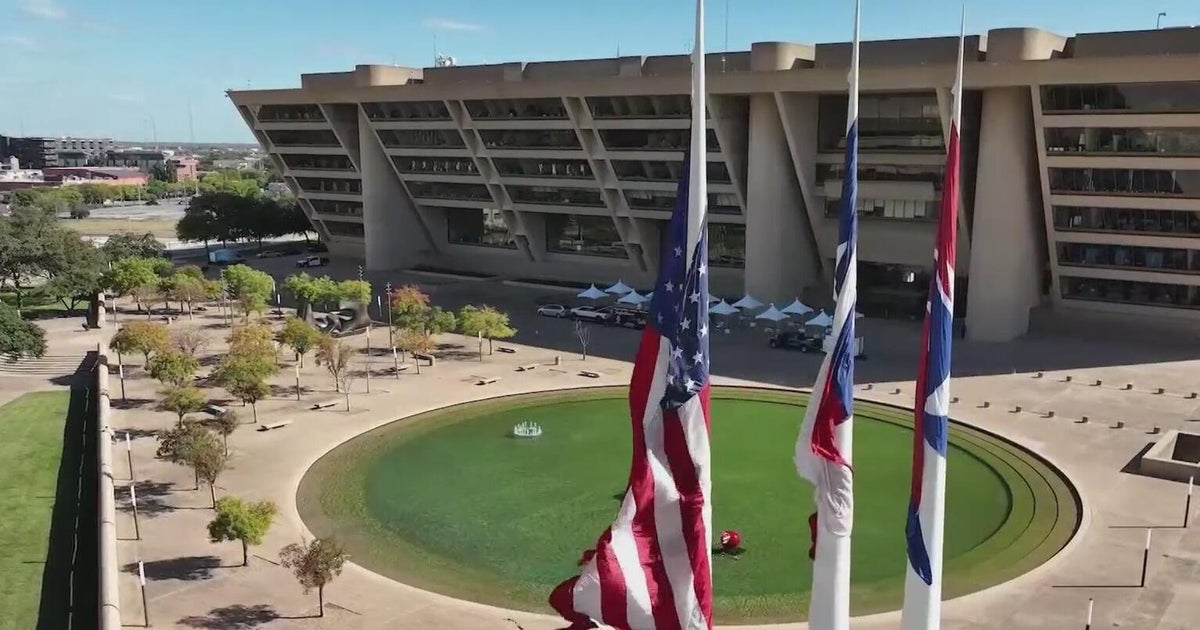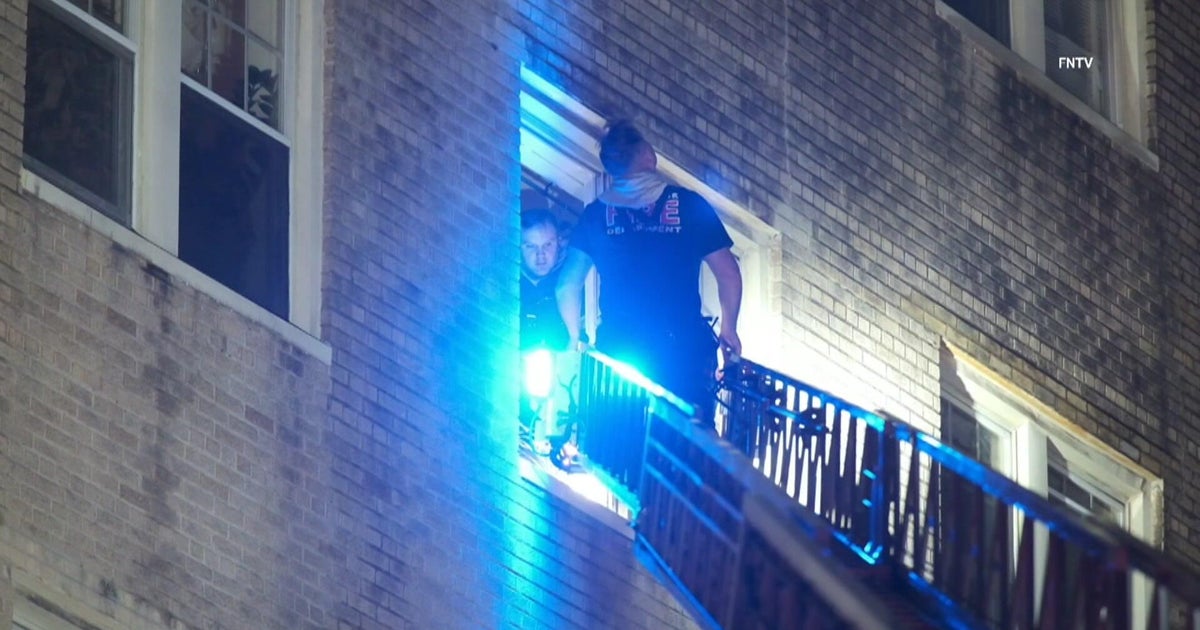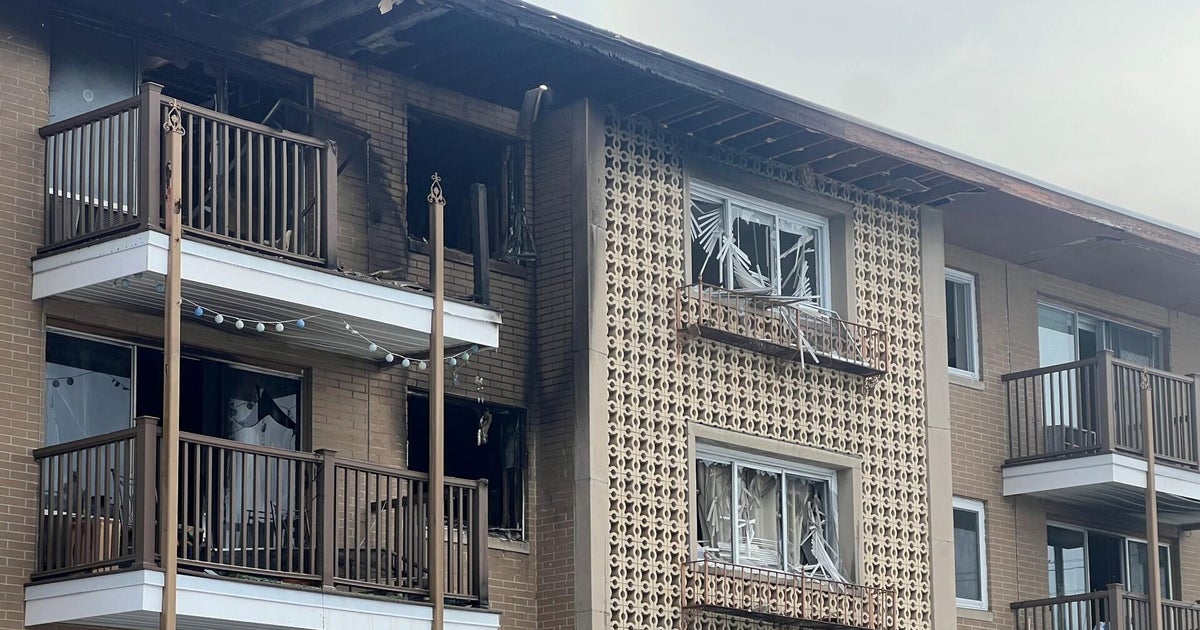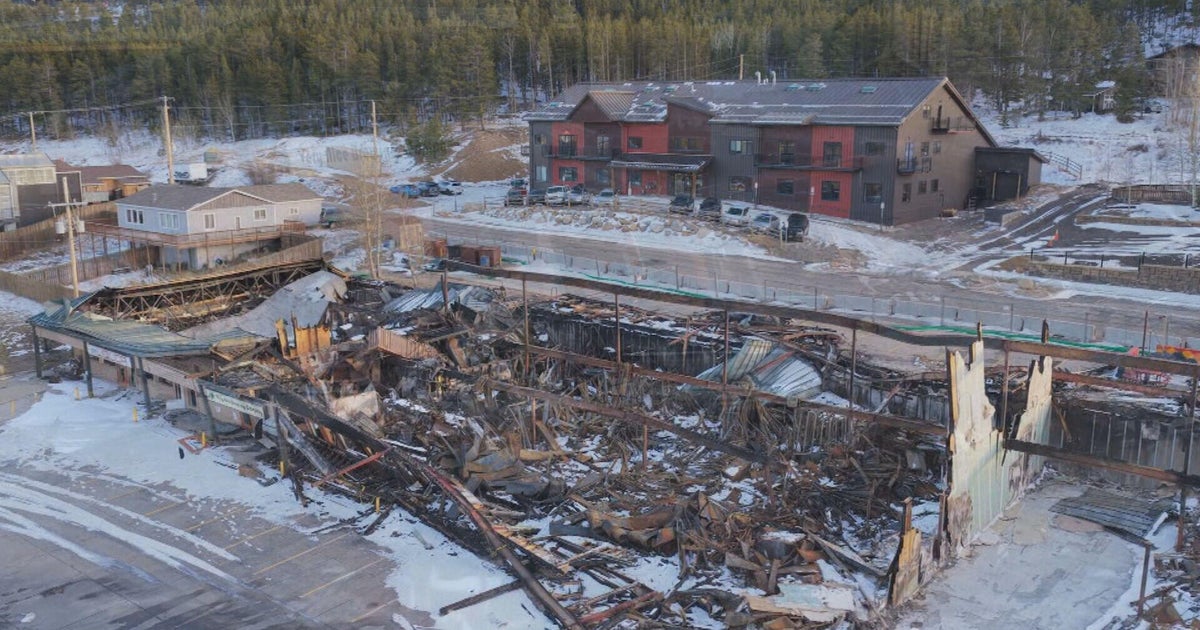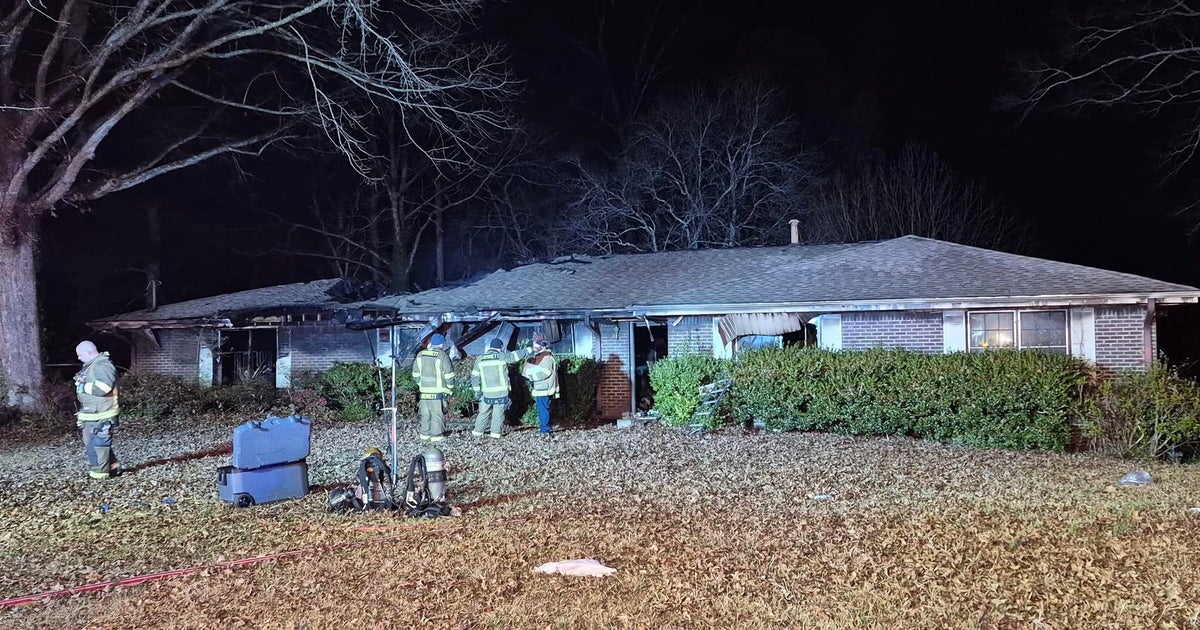After Texas' largest wildfire is contained, a rancher moves on with a single calf
PAMPA — On the second day of the Smokehouse Creek fire, Dale Jenkins was looking out his window.
He could see the wispy white smoke passing over the hill on the horizon of his Candadian ranch. A squad of local volunteer firefighters had worked all night to contain the fire. Jenkins, a life long rancher in the Texas Panhandle, had witnessed enough wildfires to know this wasn't over.
It was too windy. The ground was too hot. This was just the beginning.
The Panhandle rancher and his family hurried to save more than 100 heads of cattle that were to be sold for breeding in two weeks for more than $300 per head. Each cow needed to be protected.
Jenkins personally wrangled 24 cows and 11 calves into a fenced-in area on his land. One stubborn calf refused to comply. Not long after Jenkins thought his cows were safe, the cattle panicked and jumped over the fence.
Jenkins was one of several blue jeans and boots-wearing ranchers and landowners who recounted their stories last week to state lawmakers, who were in Pampa, a Panhandle town of 16,000 to investigate the Smokehouse Creek fire, the largest in state history.
The hearings — meant to help understand how the Smokehouse Creek fire burned more than 1 million acres and killed two people and approximately 10,000 cattle earlier this year — voiced the fear Panhandle residents have about their future.
Jenkins and his peers stressed the fire's hidden costs.
"Historic homes and ranches burned to the ground — literally museums to our region and way of life. Genetics bred into cows over decades, and generations have been lost. Historic trees used as land markers by the early pioneers are gone," said Andy Holloway, a Hemphill County extension agent for Texas A&M AgriLife Extension Service. "This is the hidden cost that deeply affects our ranchers and way of life."
The agriculture industry, a significant driver of the state's economy, was already facing pressures from a prolonged and widespread drought. Ranchers have been forced to manage smaller herds, contributing to decreased beef production nationally. According to the Texas Department of Agriculture, over 85% of the state's cattle population is located on ranches in the Panhandle. In 2021, agriculture accounted for 9% of Texas' gross state product, adding $186.1 billion to the state's economy, according to Texas A&M's AgriLife Extension report.
The fires have left little food or water for livestock. Property fences and equipment are gone. Hundreds of miles of power lines have burned, leaving no electricity to pump water from wells farmers rely on to hydrate their cattle. And it will take years for the land to recover.
Landowners renting out their space for hunting will see multiple seasons go by without revenue. Tourism will also suffer, as the countryside has been reduced to burnt limbs and gray and black ground.
It's unclear if businesses can recoup these costs, as most federal recovery grants are meant for infrastructure and buildings, not lost revenue.
Locals in the Panhandle region believe the estimated number of cattle dead or missing is probably too low, as many suffered burns that can't be treated. And for ranchers like Jenkins, the loss of cattle is losing a part of their family's legacy. He created his herd from a heifer gifted to him by his late father in the 1980s.
"When we lost cows, we didn't just lose animals. We lost family," Jenkins told the committee.
As the fire advanced toward his home, Jenkins knew it was too late to wrangle all the escaped cows from the pen. Instead of chasing them down, he hopped into his tractor, equipped with a massive hose connected to a water tank, and greeted the fire.
Jenkins' wife, Brenda, hurried to evacuate the house with the rest of the family — including her mother, mother-in-law, two daughters, four grandchildren, and multiple pets.
Before the family fled, Brenda scanned the horizon one last time for her husband.
"You could look out the window and see the fire getting bigger and bigger and bigger, and I just kept my eyes on the flashing light of the tractor," Brenda told The Texas Tribune.
With the water sprayer on the front of his tractor, Jenkins fought the fire with several others in hopes of keeping some of the land safe.
"It's the most surreal thing, and I've experienced this a couple of times. You'd be out there fighting this fire, and you'd be all by yourself — not a soul around. But you've got the light from the fire line. And you're working at it and concentrating so hard, and finally, you get to the end, you finally put out the last flames, and then it's just totally dark and totally quiet," Jenkins said.
The family was able to save most of its adult cattle. More than 50 bulls and 40 heifers were later sold. But, only six calves were saved. Five of them were severely burned. A woman in Childress, three hours away from Canadian, who had two young cows in their milking phase, took on these orphaned cattle for Jenkin's family.
"Some of these little guys lost their ears and tails, and some of them have peeling burns," Jenkins said. "We will try, but these orphaned calves will probably not work as breeding stock."
The only calf from this pen to escape unscathed was a calf named Bobo, which Jenkins believes was the baby cow that refused to enter the gate. The calf's mother didn't survive the fire. The family must bottle-feed Bobo for a while.
The tiny black cow represents the future.
The resilient spirit of the cowboy hat-wearing rancher is intertwined with Texas history. But witnesses, including several other ranchers and landowners, told lawmakers their neighbors are considering leaving the agricultural way of life after this last wildfire.
Jenkins isn't one of them. He is ready to start the process of rebuilding his family's herd with Bobo.
Disclosure: Texas A&M AgriLife and Texas A&M AgriLife Extension Service have been financial supporters of The Texas Tribune, a nonprofit, nonpartisan news organization that is funded in part by donations from members, foundations and corporate sponsors. Financial supporters play no role in the Tribune's journalism. Find a complete list of them here.
